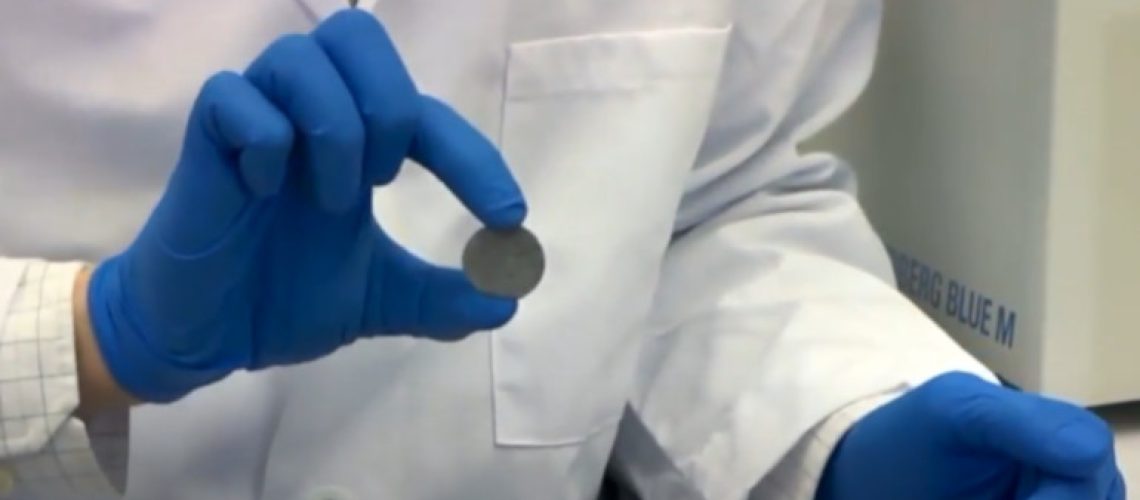Zinc battery developer Enzinc has been selected for a $1.8 million California Energy Commission (CEC) BRIDGE award to further develop its batteries for mobility and stationary uses. After approval, the proceeds, along with $1 million of matching funds, will be used to design and test a long-duration stationary battery and build out a pilot anode manufacturing line.
“If we are to electrify everything, we need batteries that use easily-sourced materials and can be scaled rapidly. Being selected for BRIDGE shows the rising awareness that we can’t place all of our energy storage bets on lithium technologies,” said Michael Burz, founder and CEO of Enzinc. “Today’s $60 billion lead-acid battery market can play a larger role in the energy transition by converting existing factories to use Enzinc’s drop-in technology and make more powerful, higher margin and longer lasting batteries.”
Batteries with Enzinc’s zinc microsponge anode’s safe, non-flammable materials will make it ideal for stationary energy storage inside homes and commercial buildings and adjacent to critical energy infrastructure. Additionally, it will be ideal for mobility including e-bikes, e-scooters, electric delivery vehicles and other electric vehicles with moderate ranges, as well as be able to replace the lead acid battery that all vehicles use for starter motors and other systems.
The Bringing Rapid Innovation Development to Green Energy, or BRIDGE, awards are funded by the Electric Program Investment Charge (EPIC) program, which will grant up to a total of $57.3 million over four rounds. Enzinc and four other companies were selected for the proposed final round of funding, contingent on final approval at a CEC business meeting.
News item from Enzinc



